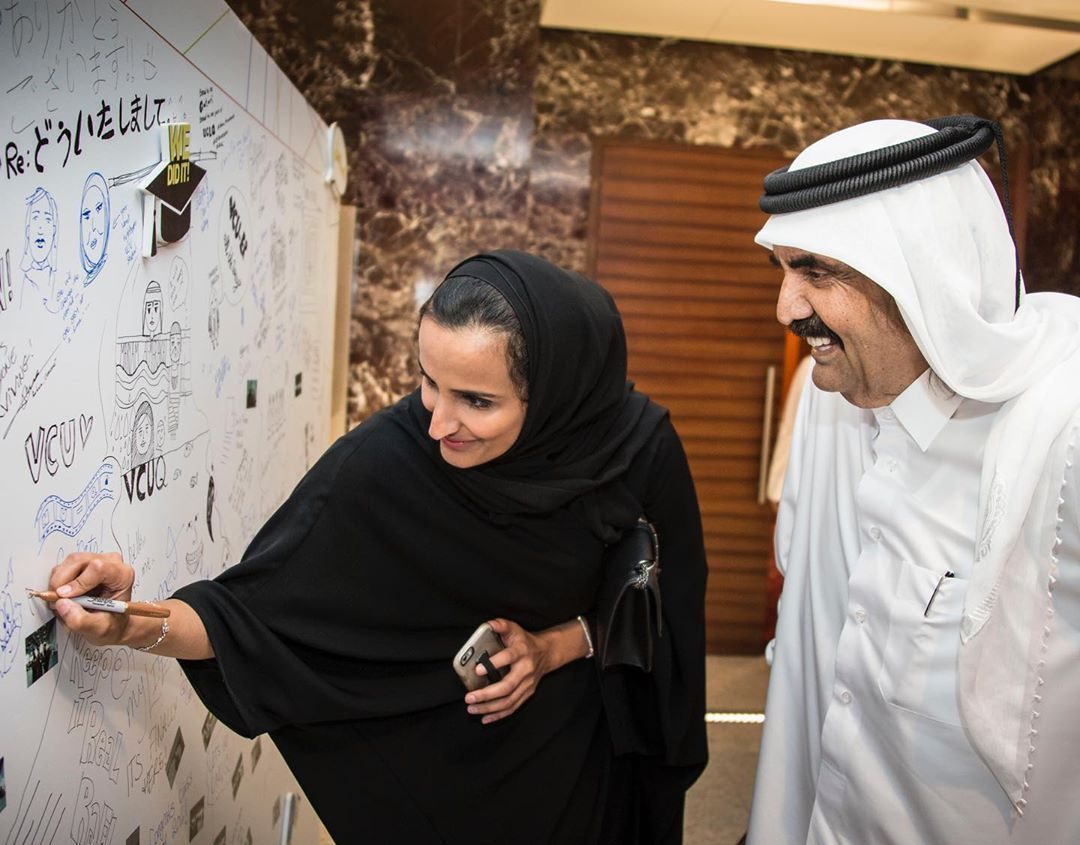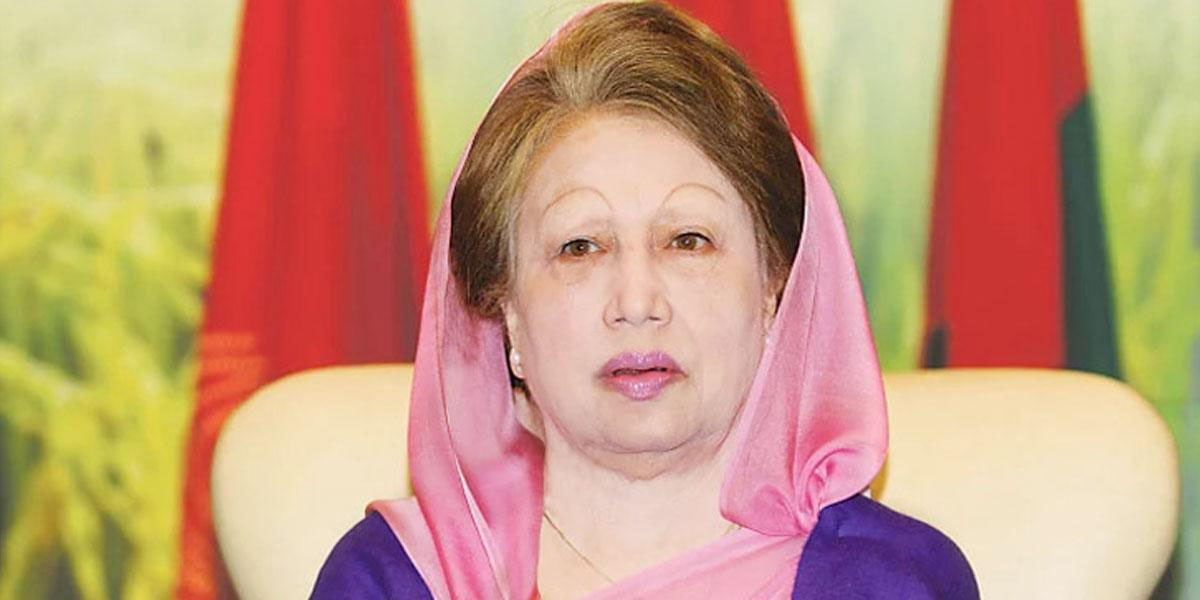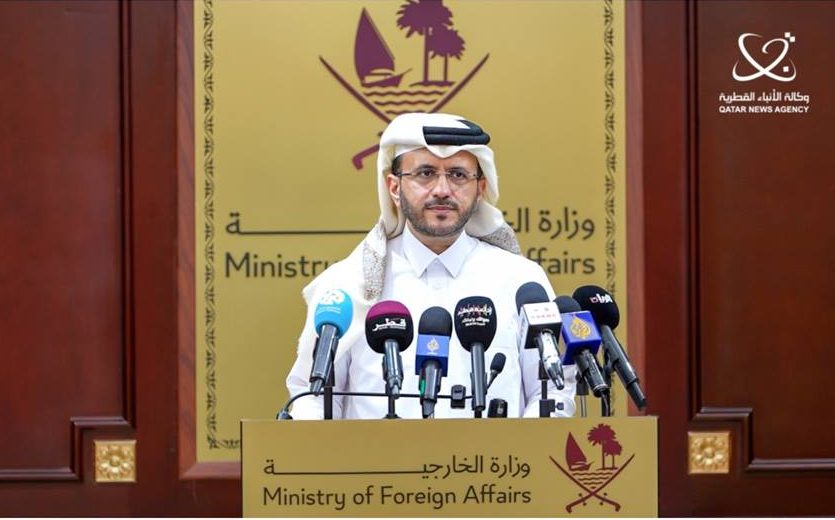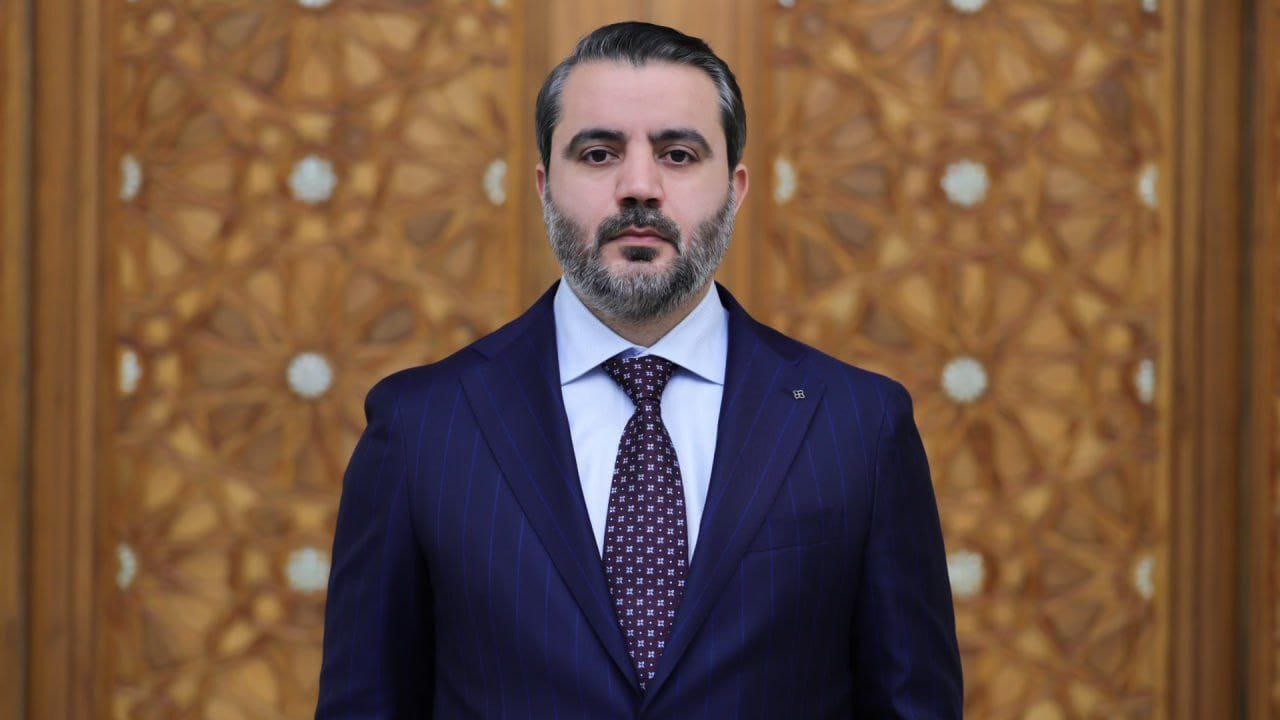Qatar Foundation CEO and Qatari royal Sheikha Hind Bint Hamad Al Thani highlighted the challenges in the education sector in light of the COVID-19 pandemic.
The key to creating a system that is resilient is understanding the “ultimate purpose” of education, Sheikha Hind bint Hamad Al Thani, CEO of Qatar Foundation said in an event on Wednesday.
The Qatari royal emphasised the importance of taking risks and experimenting to create an education system that can withstand global challenges, such as the COVID-19 pandemic, during the QF-organised panel discussion on the future of learning.
https://www.instagram.com/p/CFfHEpiAfno/
The ‘COVID-19 and Education: The Largest Disruption in the History of Education’ event, which comes as part of QF’s contribution to the 2020 Global Goals Week, brought together experts in the field to discuss how learning has transformed since being taken online due to the global pandemic.
Read more: How schools in Qatar are implementing ‘Blended Learning’
Education has been one of the key sectors significantly disrupted by COVID-19, with schools and institutions replacing physical attendance with distance or blended learning. This has naturally resulted in teachers resorting to technology to carry out their duties, though Sheikha Hind described it as a mere tool and “not a fix for everything.”
“It doesn’t really look at whether our children are learning or not, or how it will help them prosper in the world. We have to go back to what we are teaching our children, and for what purpose,” she said during the online event.
Read more: Qatar launches first-ever International Day to Protect Education from Attack
Former President of Slovenia Danilo Turk also attended the event alongside the Qatari royal, where he warned that COVID-19 had deepened “fault lines between those who can afford distance learning and those who cannot.”
Countries that have had “a long-term vision for education” should provide leadership to the rest of the world, he suggested.
Sarah Cliffe, director of the Centre of International Cooperation at New York University also added that education must be “people-centred” and focused on creating individuals that will continue developing throughout their lives, and not just those that can contribute to the economy.
Other speakers on the panel were Achim Steiner, administrator of the United Nations Development Programme, Gabriela Cuevas Barron, president of the Inter-Parliamentary Union and Professor Jeffrey Sachs, director of the Centre for Sustainable Development at Columbia University.
Follow Doha News on Twitter, Instagram, Facebook and Youtube







